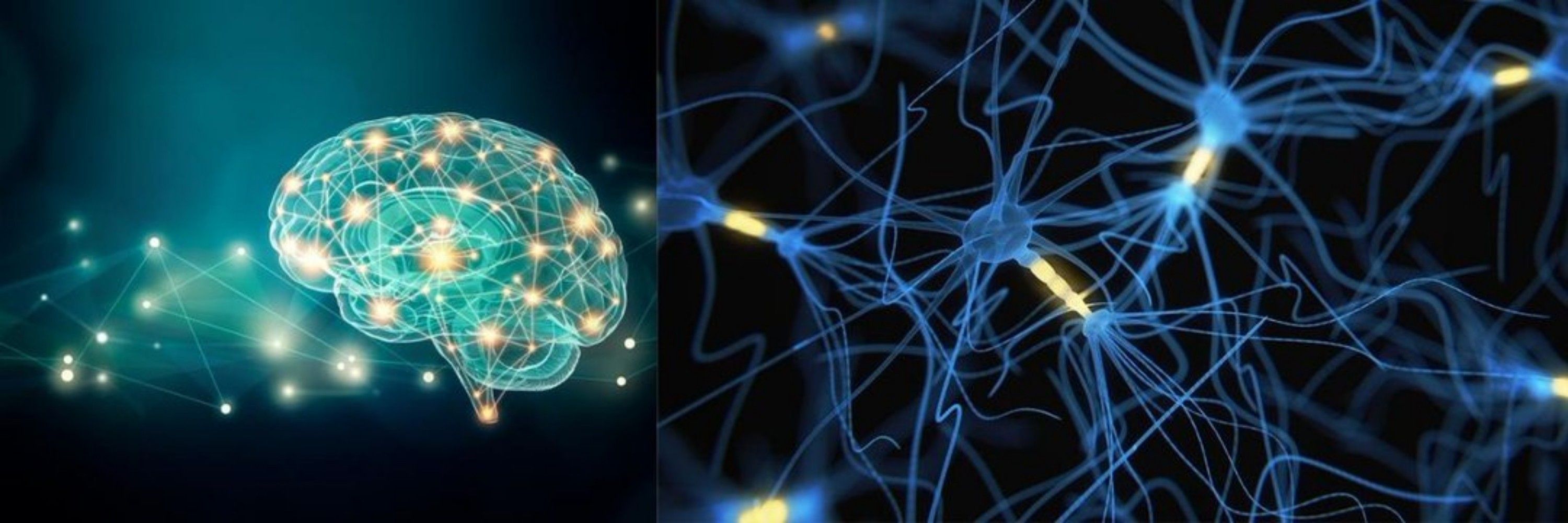
#NeuroAI
#ComputationalPsychiatry #PrecisionPsychiatry
Topics: visual scene perception, emotional scene processing, visual word recognition, dementia research, #ComputationalNeuroscience, ML & DL, and game theory.
The brain’s networks activate in structured cycles.
Led by @matsvanes.bsky.social, a team analysed MEG data from 800+ people. The strength & speed of the cycles was influenced by genetics & associated with factors such as age.
www.psych.ox.ac.uk/news/brain20... in @nature.com Neuro

The brain’s networks activate in structured cycles.
Led by @matsvanes.bsky.social, a team analysed MEG data from 800+ people. The strength & speed of the cycles was influenced by genetics & associated with factors such as age.
www.psych.ox.ac.uk/news/brain20... in @nature.com Neuro
![What do representations tell us about a system? Image of a mouse with a scope showing a vector of activity patterns, and a neural network with a vector of unit activity patterns
Common analyses of neural representations: Encoding models (relating activity to task features) drawing of an arrow from a trace saying [on_____on____] to a neuron and spike train. Comparing models via neural predictivity: comparing two neural networks by their R^2 to mouse brain activity. RSA: assessing brain-brain or model-brain correspondence using representational dissimilarity matrices](https://cdn.bsky.app/img/feed_thumbnail/plain/did:plc:e6ewzleebkdi2y2bxhjxoknt/bafkreiav2io2ska33o4kizf57co5bboqyyfdpnozo2gxsicrfr5l7qzjcq@jpeg)

How can we interpret the algorithms and representations underlying complex behavior in deep learning models?
🌐 coginterp.github.io/neurips2025/
1/4
How can we interpret the algorithms and representations underlying complex behavior in deep learning models?
🌐 coginterp.github.io/neurips2025/
1/4
@ucirvine.bsky.social @aaronbornstein.bsky.social @uofcalifornia.bsky.social

@ucirvine.bsky.social @aaronbornstein.bsky.social @uofcalifornia.bsky.social
#AI #NeuroAI #LLMs
🧵Here's a thread of abstracts.
(1/20)
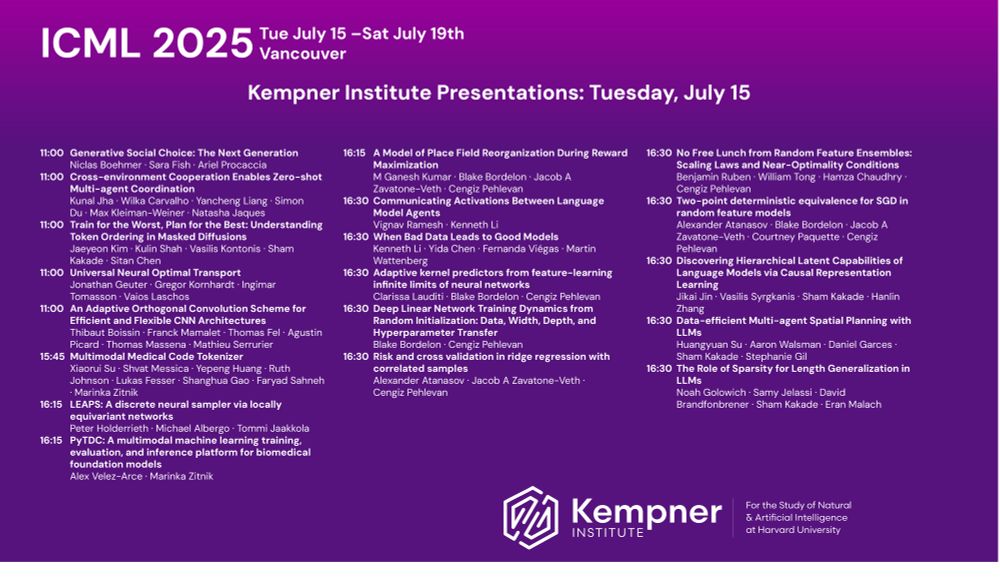
#AI #NeuroAI #LLMs
🧵Here's a thread of abstracts.
(1/20)
We invite short papers or interactive demos on AI for neural, physiological or behavioral data.
Submit by Aug 22 👉 brainbodyfm-workshop.github.io
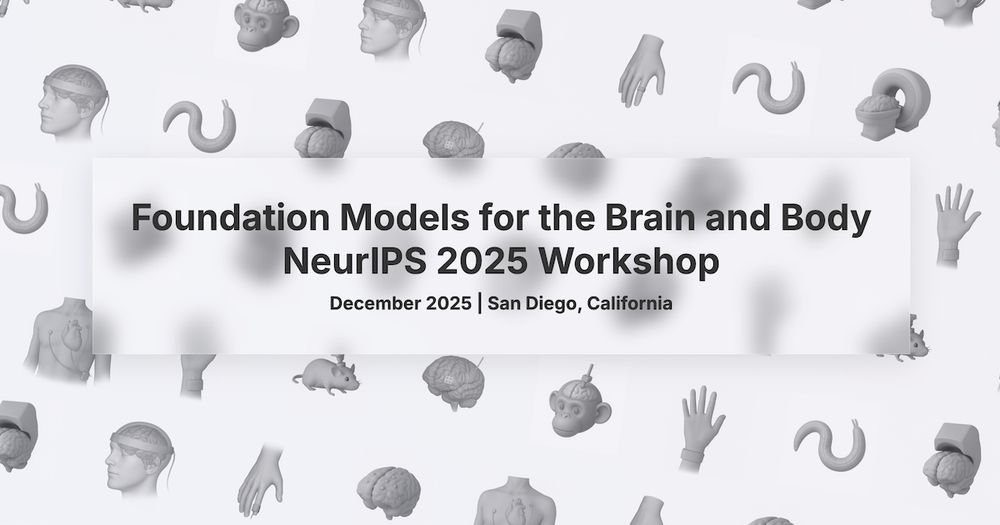
We invite short papers or interactive demos on AI for neural, physiological or behavioral data.
Submit by Aug 22 👉 brainbodyfm-workshop.github.io
Today we are launching our new Thematic Collections to organize our growing set of articles!
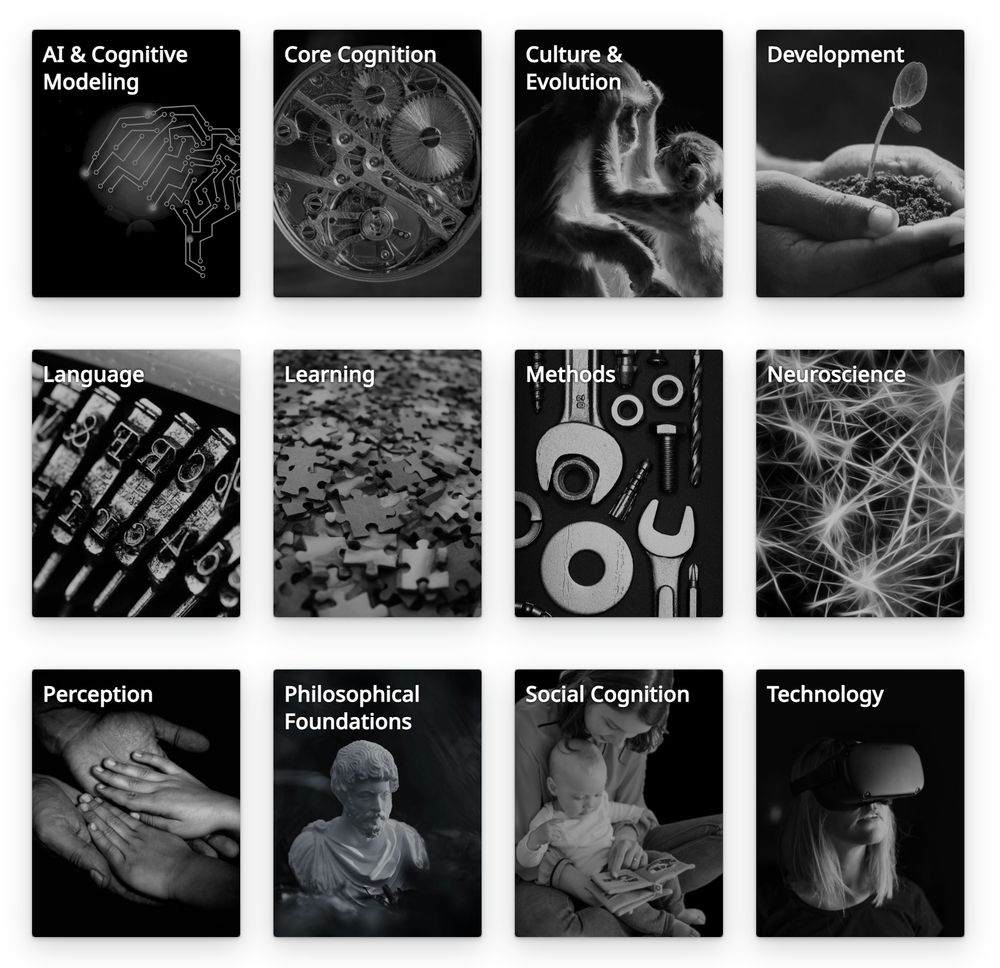
Thrilled to share a new preprint on their link to orthogonal neural representations, co-authored with Karl Friston:
arxiv.org/abs/2505.22749
- with implications for both neuroscience & AI!
First in a series - stay tuned!

Thrilled to share a new preprint on their link to orthogonal neural representations, co-authored with Karl Friston:
arxiv.org/abs/2505.22749
- with implications for both neuroscience & AI!
First in a series - stay tuned!
How can network science tackle complex biological systems?
Substantially reworked version
Largely conceptual, would be happy to see others fill in details or collaborate if people find it of value
osf.io/preprints/os...
#complexity

How can network science tackle complex biological systems?
Substantially reworked version
Largely conceptual, would be happy to see others fill in details or collaborate if people find it of value
osf.io/preprints/os...
#complexity
tl;dr: this literature is growing, but there are still gaps in time (sensitive exposure windows, timing of exposure -> brain changes) and space (most data from US/Europe)
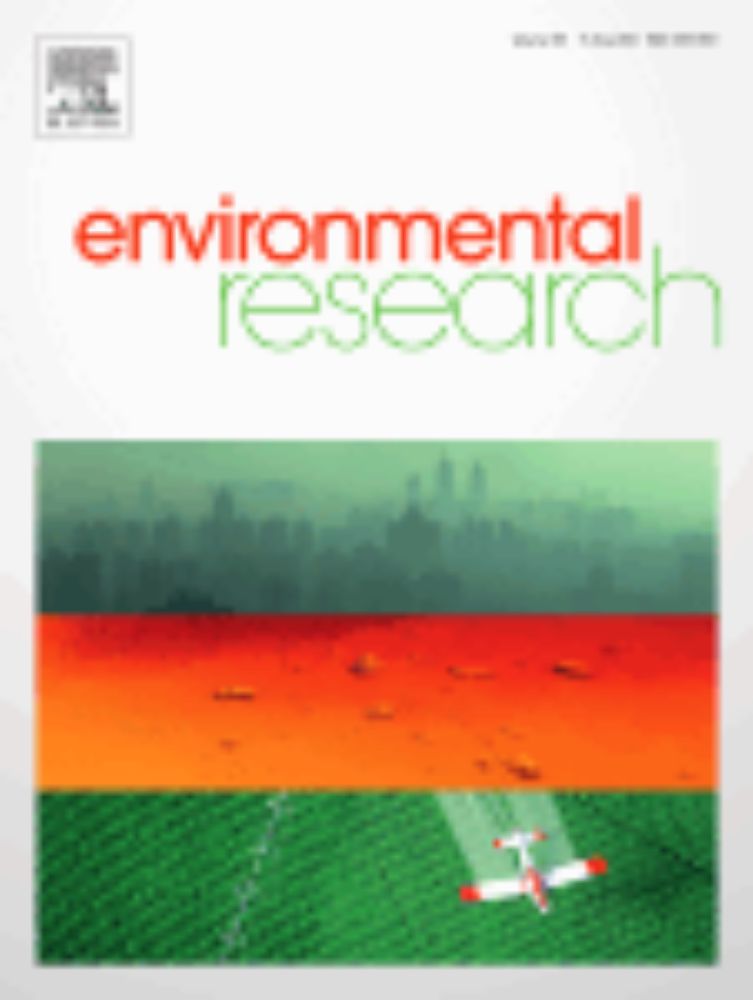
tl;dr: this literature is growing, but there are still gaps in time (sensitive exposure windows, timing of exposure -> brain changes) and space (most data from US/Europe)
One reason might be that the bed nucleus of the stria terminalis suppresses anxiety.
(Btw this region is as important as the amygdala in anxiety, likely more).
(h/t @ajshackman.bsky.social)
#neuroscience #neuroskyence
doi.org/10.1016/j.ce...

One reason might be that the bed nucleus of the stria terminalis suppresses anxiety.
(Btw this region is as important as the amygdala in anxiety, likely more).
(h/t @ajshackman.bsky.social)
#neuroscience #neuroskyence
doi.org/10.1016/j.ce...
We have a new preprint out where we studied which brain networks are engaged during mental imagery and self-generated thought.
We used a precision fMRI approach along with multidimensional experience sampling (mDES) to get trialwise self-reports from each participant about what they imagined.
We have a new preprint out where we studied which brain networks are engaged during mental imagery and self-generated thought.
We used a precision fMRI approach along with multidimensional experience sampling (mDES) to get trialwise self-reports from each participant about what they imagined.
#Neuroaesthetics 🧠

#Neuroaesthetics 🧠
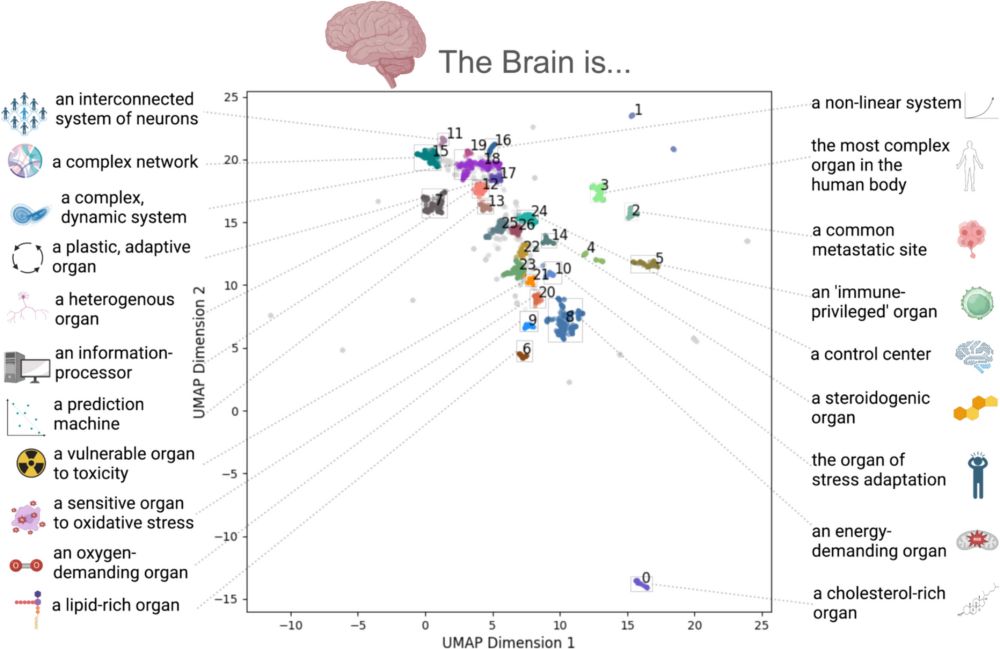

Participate and build computational models that best predict how the human brain responds to multimodal movies!
Submission deadline: 13th of July.
#algonauts2025 #NeuroAI #CompNeuro #neuroscience #AI
algonautsproject.com
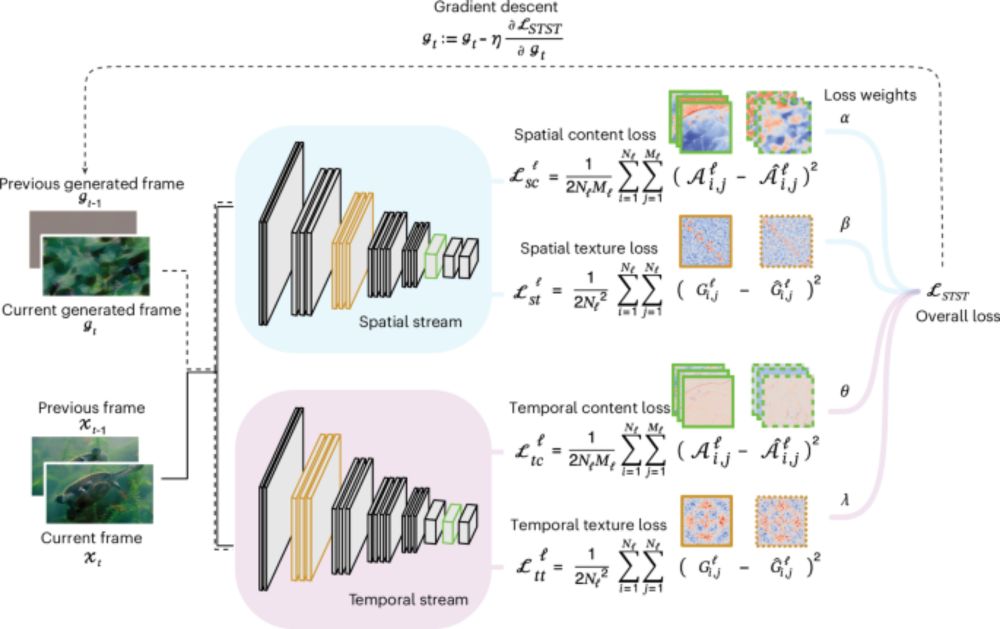
www.thetransmitter.org/open-neurosc...
www.thetransmitter.org/open-neurosc...
This work used cytoarchitecture (BigBrain), T1w/T2w, qT1, and MT measures to bring the cortical asymmetry from macrostructure to microstructure.

This work used cytoarchitecture (BigBrain), T1w/T2w, qT1, and MT measures to bring the cortical asymmetry from macrostructure to microstructure.

As a cognitive scientist, I often find myself reflecting on how the mind shapes, and is shaped by, the world around us.
#WorldPhilosophyDay

As a cognitive scientist, I often find myself reflecting on how the mind shapes, and is shaped by, the world around us.
#WorldPhilosophyDay

#NationalEpilepsyDay

#NationalEpilepsyDay
@kanakarajanphd.bsky.social asked what we need to do over the next 10 years. Andreas Tolias answered that we need an ambitious concerted team science effort to build digital twins and reverse engineer how intelligence works. 1/

